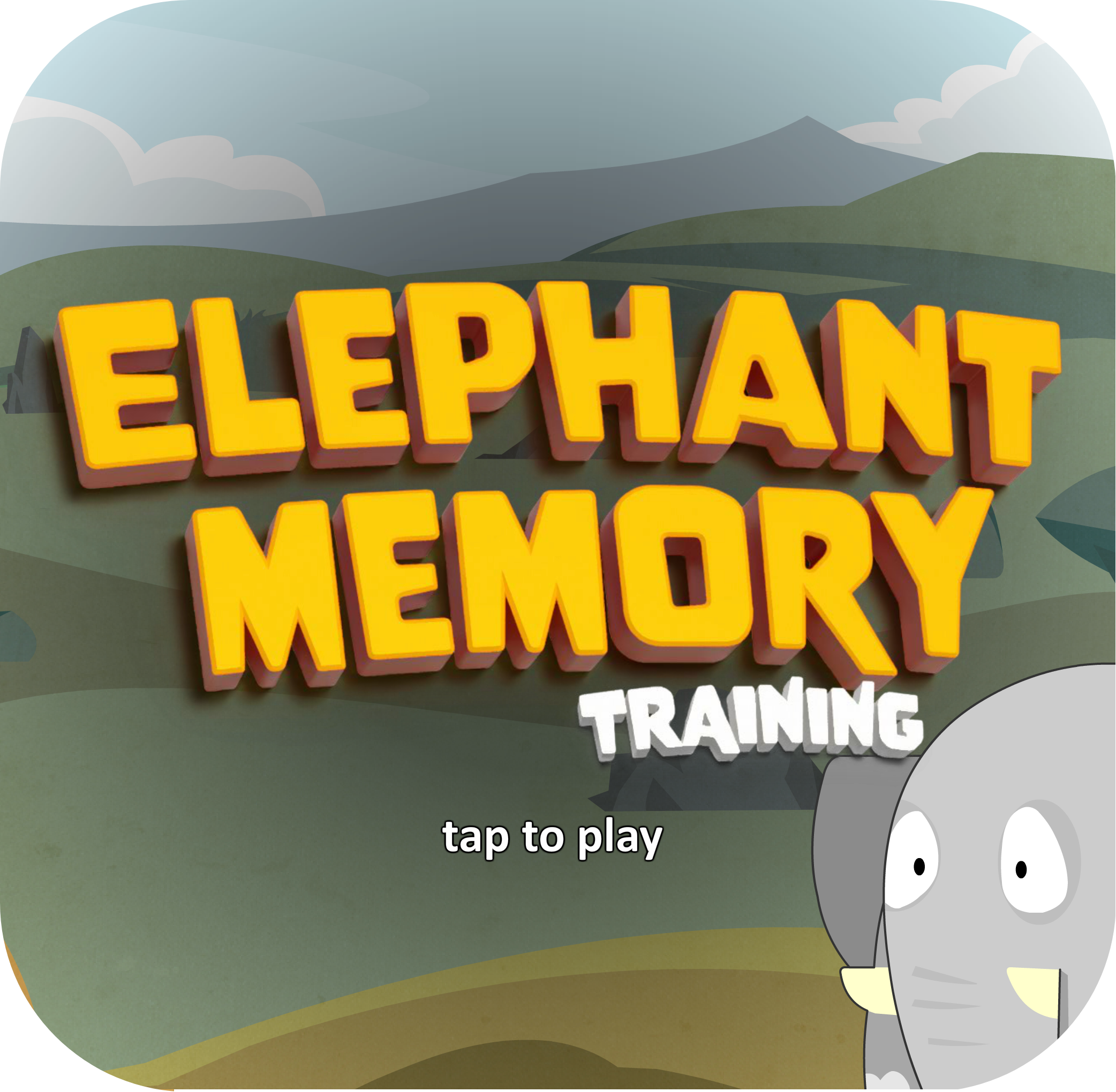 Dichotic training
Dichotic training
Zoo Caper Sky Scraper
Zoo Caper is a game designed to incrementally improve dichotic listening skills. It introduces dichotic concepts slowly and allows the player to improve as they play through the game. It uses animal sounds and/or speech sounds separately (in a dichotic fashion) in each ear requiring the listener to correctly identify which animal is making a sound. This is available for professionals to recommend and set up as young as age 5. It is recommended to be played twice a week for as long as needed for the client to progress enough through the therapy levels, with no effective expiration date or limit to the number of sessions available.
The evidence behind the practice
Recently a study was presented that confirms the effectiveness of Zoo Caper (ASHA, 2015).
Several studies indicate significant correlations between poor dichotic performance and other learning and reading difficulties.
Dichotic skills are required to distinguish a different sound in each ear at the same time. This skill requires functional pathways to each cortical hemisphere of the brain and the communicating pathway between each hemisphere (auditory portion of the corpus collosum). These pathways and skills are required for a number of other audiological abilities such as focused attention, alternating focus to different sounds from either side of the listener, following a speaker in competing noise (e.g., classrooms). Difficulties here can lead to symptoms such as distractibility in a classroom, difficulty understanding lessons when another sound is present, under-utilization of other auditory skills which aid in following the teacher in an educational setting, which in turn can have significant impacts on learning and can also affect reading and language development.
Barker, M.D. & Bourland-Hicks, C. (2020). Treating Deficits in Auditory Processing. Language, Speech, and Hearing Services in Schools. https://pubs.asha.org/doi/10.1044/2019_LSHSS-19-00001
American Academy of Audiology.(2010). Clinical practice guidelines.Guidelines for the Diagnosis,Treatment and Management of Children and Adults with Central Auditory Processing Disorder. Retrieved from www.audiology.org/resources
American Speech-Language-Hearing Association. (2005). (Central) auditory processing disorders –The role of the audiologist(Position statement). Retrieved from www.asha.org/policy
Bellis, T. J., Barker, M. D., & Martin, M. J. (2015) Training CAPD: The what, who, how, and why of Dichotic Listening Training. Presentation at ASHA conference, Denver. CO. November.
Bellis, T. J. (2003). Assessment and management of central auditory processing disorders in the educational setting: From science to practice(2nd ed.). New York, NY: Delmar Learning.
Elephant Memory Training
Another program that is lacking, not only the audiology or speech language field, but also the educational psychology field is a lack of a multi-sensory input (auditory and visual) working memory program that can incrementally improve working memory in children and adults. Acoustic Pioneer have also developed the deficit-specific auditory/visual working memory program known as ‘Elephant Memory Training.’
Elephant Memory Training (EMT) has 3 games that are played each session. This app is designed to be used 4-5 times per week for an 8-week block, and each session lasts around 10 minutes to play through each of the 3 games within EMT. It is NOT recommended for clients under the age of 8.
Tonal-pattern training
Insane Earplane
Insane Earplane is an easy to learn flying game designed to improve a variety of tonal listening and processing skills. It introduces different tonal activities, such as memory, pitched linguistic and non-linguistic stimuli using tonal patterns, frequency sweeps, interaural timing/intensity differences, and allows the player to improve at these skills. This can be recommended by professionals as young as 7 if testing indicates it is necessary. It is recommended to be played twice a week for as long as needed for the client to progress enough through the therapy levels, with no effective expiration date or limit to the number of sessions available.
The evidence behind the practice
Tonal Pattern Memory has been shown in many studies over the years to be a strong auditory processing area correlating to reading abilities. Widely accepted research indicates that these skills are building blocks for learning to read. It is widely accepted that phonemic awareness is vital for strong reading performance. Some studies have evidence that indicates tonal pattern memory skills are related to phonemic awareness, and although it hasn't been determined how exactly they relate, they should both be assessed and (if required) improved to give the child the best tools available to progress with their literacy.
Barker, M.D. & Bourland-Hicks, C. (2020). Treating Deficits in Auditory Processing. Language, Speech, and Hearing Services in Schools. https://pubs.asha.org/doi/10.1044/2019_LSHSS-19-00001
Corriveau,K.,Pasquini, E.,& Goswami, U. (2007). Basic auditory processing skills and specificlanguage impairment: A new look at an old hypothesis. Journal of Speech Language, andHearing Research,50,647-666.
Smart, J. L., Purdy, S. C., & Leman, K. R. (2012). Evaluation of (central) auditory processing andphonological/phonemic awareness in 6-year-old children: A pilot study to determine test efficiency and inter-subject reliability Journal of Educational Audiology, 18, 6-15.
Sharma, M., Purdy, C. S., & Kelly, A. S. (2009). Comorbidity of auditory processing, language, and reading disorders. Journal of Speech, Language, and Hearing Research, 52,706-722.


